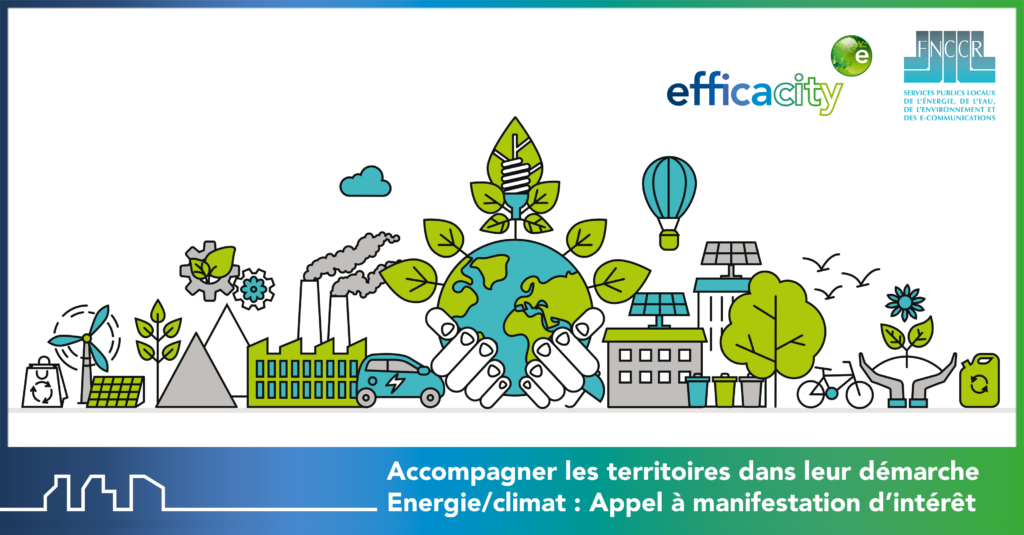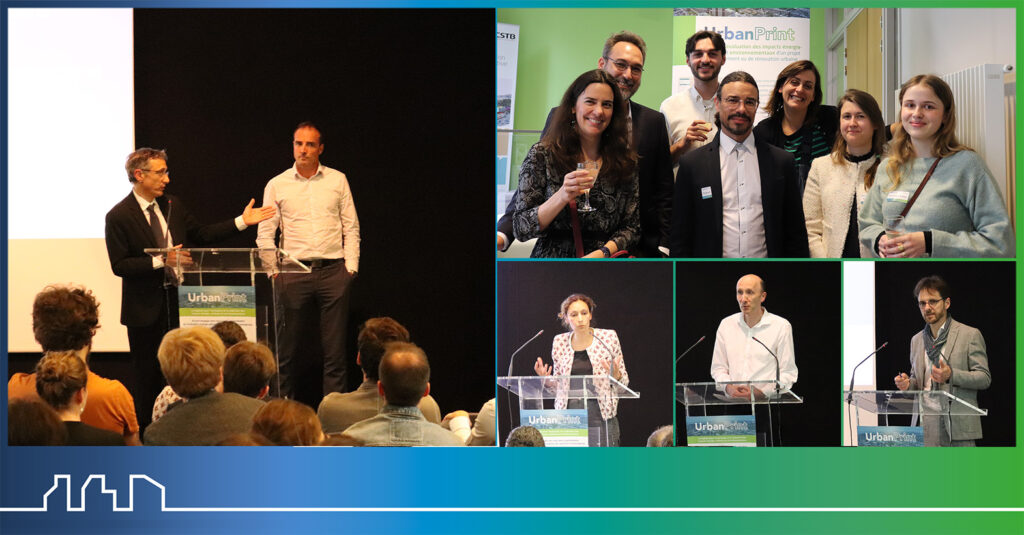Multi-scale optimisation of smart microgrids
Since 2016, Efficacity has been supervising Tristan Rigaut’s thesis on multi-scale optimisation of smart microgrids as part of the microgrids research project under the R&D theme Territory Management and Instrumentation. Find out more about his thesis in 3 questions.
What is the subject of your thesis?
Like my trusty co-doctoral student François Pacaud, who went through this process before I did, my thesis relates to the optimisation of stocks, allowing for the uncertainties in the energy context. A wide range of stocks may be considered: batteries, home temperature, hydroelectric dams, fine particle concentrations in a subway station, etc. The sources of uncertainty are equally numerous. The production of solar energy, train braking, external air temperature or the generation of fine particles are all examples of random phenomena to which I have applied my methods.
The specific point of my thesis is to focus on problems where there are different types of decisions to be taken over different time scales. One problem I considered, for example, was that of investment in batteries. Whether to replacing or to service this kind of equipment are decisions that need to be taken every month or every year. Yet these decisions are affected by how we use the battery from one minute to the next, since this affects both its ageing and its return on investment. The difficulty with these problems lies in modelling and managing the information flow available to the decision maker at any moment.
What links your thesis to the work done by Efficacity?
I work on the microgrids research project, with Alessio Iovine, who is an expert in low-level microgrid management. By low-level, we mean equipment control applied every millisecond. At this frequency, it is not possible to make decisions for a long-term horizon. This is a typical example of multiscale stochastic time optimisation. My job is to provide Alessio with short-term targets in order to attain long-term objectives.
At the same time, we are developing a proof of concept with Florentin Delaine on the Sense City demonstrator. The goal is to be able to recover data from temperature sensors in a chalet and then use that data for real-time control. Florentin recalibrates the data to ensure that it offers the most accurate representation of reality. I then calculate the heating controls to minimise the energy bill whilst ensuring a comfortable temperature. We are working on a server architecture to manage all this in the Efficacity cloud.
Finally, we continue to work with François on the development of DynOpt, a library of stochastic optimisation algorithms, and of MµGO (Modular Microgrid Optimization), a set of applications, based on DynOpt but sector-oriented, for resolving energy management problems without getting your hands dirty.




